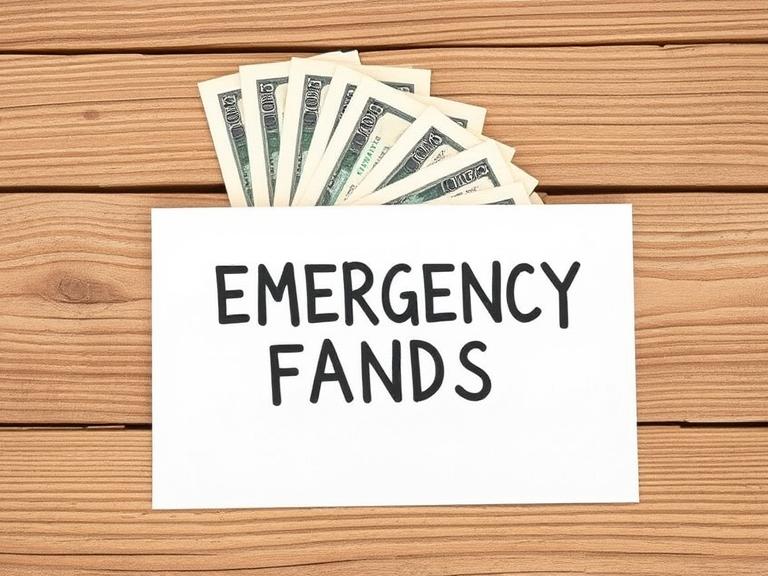An emergency fund is the foundation of financial security. It acts as a financial buffer to protect you against unexpected life events such as medical emergencies, job loss, car repairs, or sudden travel needs. Without it, people are often forced to rely on high-interest credit cards or loans, which can lead to a cycle of debt.
So, why is an emergency fund so essential? The simple answer is peace of mind. Knowing you have cash readily available for unexpected situations reduces stress and keeps your long-term goals on track, even when surprises come up.
The standard recommendation is to save at least three to six months’ worth of living expenses, but the amount may vary based on your job stability, number of dependents, and personal risk tolerance. Freelancers, for example, may need closer to 9–12 months saved.
Start small: even saving R500 or R1,000 a month can add up quickly. Automate transfers to a separate high-yield savings account to remove the temptation to spend. Avoid investing emergency funds in volatile assets — they need to remain liquid and accessible.
Emergency funds are not meant to cover planned expenses like vacations or large purchases — they’re your financial safety net. Once fully funded, you can focus more aggressively on other goals like investing or debt repayment.
By preparing for the unexpected, you protect everything you’ve built — and give yourself the flexibility to handle life’s curveballs with confidence.

Leave a Reply